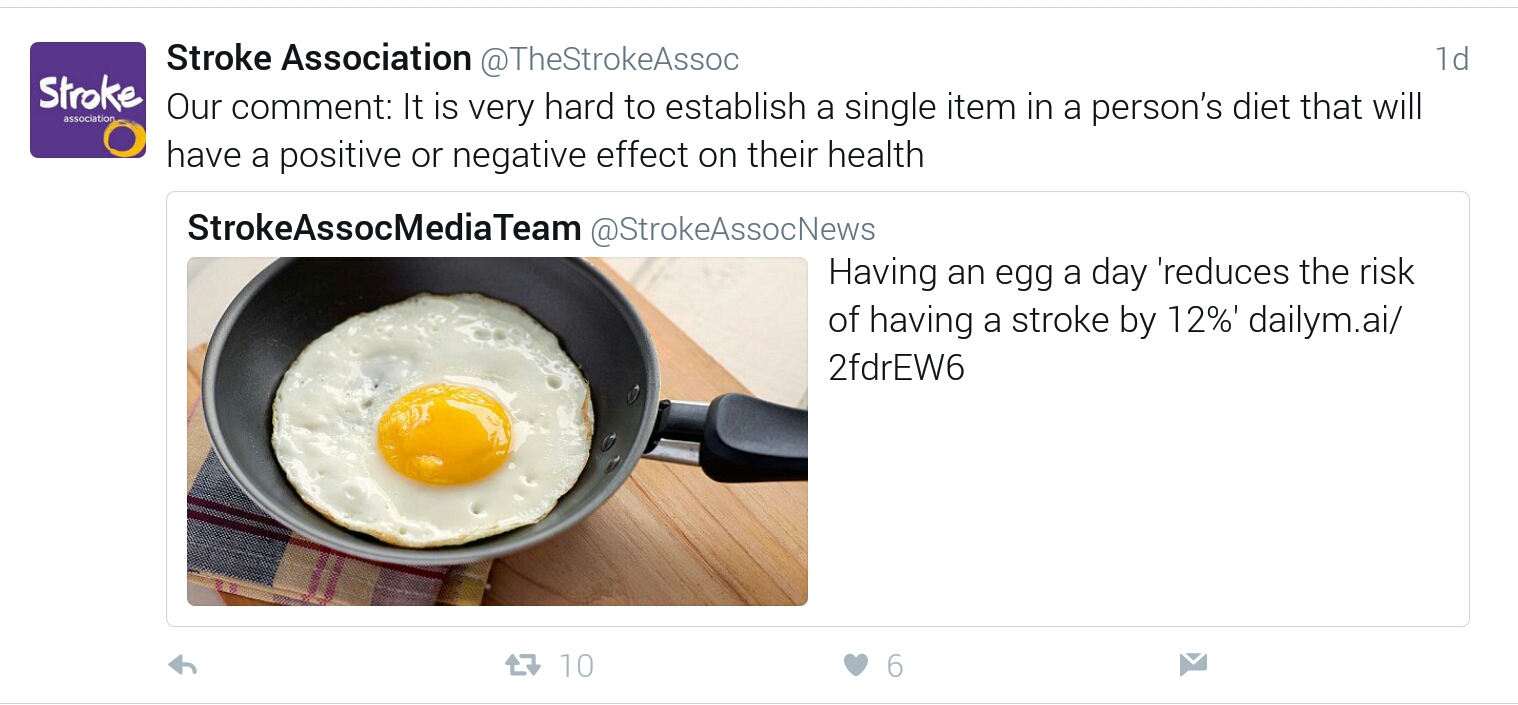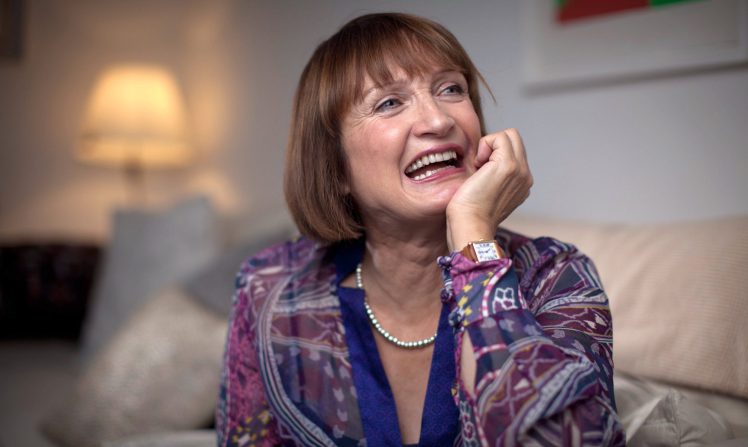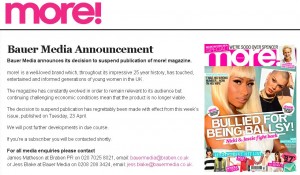It was a typical Daily Mail health story: Having an egg a day can cut your risk of stroke by 12%.
On the face of it, great. There are 152000 cases of stroke in the UK every year, so if this is true it’s a great weapon in the battle against it.
But, of course, thats not the full story. If you read more closely, you’ll see that the lead scientist admitted that: “research is needed to understand the connection between egg consumption and stroke risk”.
What was worse was that there’s no UK stroke expert included in the article – only someone from the ‘clearly unbiased’ Egg Nutrition Centre.
That’s why I was relieved to see that the Stroke Association were more cautious in their reception of the research.
Our comment: It is very hard to establish a single item in a person’s diet that will have a positive or negative effect on their health https://t.co/hUFf7h2DqS
— Stroke Association (@TheStrokeAssoc) November 2, 2016
Clickbait headlines
Medical reporting is generally fairly suspect in mass-market media. One small-scale piece of research can sometimes be trumpeted as a major cause for celebration or change in diet, when clearly there’s more to it than that.
It’s why cause-related charities have such a big role to play in how we perceive sensationalist stories.
The claims that strawberries/coffee/red wine/chocolate can prevent cancer/heart disease/dementia (delete as appropriate) have been around for years – most of them with very little substance.
The likes of the BHF, Alzheimers Research, Stroke Association and many more have teams of experts used to assessing these sort of stories, many of which are – frankly – hogwash.
These teams provide a level-headed and often cautious response that we’d do well to accept.
By contrast the positive news this week about the early trials of a new Alzheimers drug were welcomed across the board, including by the aforementioned Alzheimers Research.
Media proliferation needs a counterpoint
In the era before multichannel TV and the internet, the flimsily-researched, sensational story got short shrift.
There was enough news to go round, and clickbait headlines weren’t generally necessary.
In the 21st century, that has understandably changed. A possibly erroneous story printed on one website gets copied and reproduced in countless other areas, this proliferating a false assertion.
So we need voices of trust and authority to sort the wheat from the chaff more than ever before.
And this is just another reason why charities need your support.






